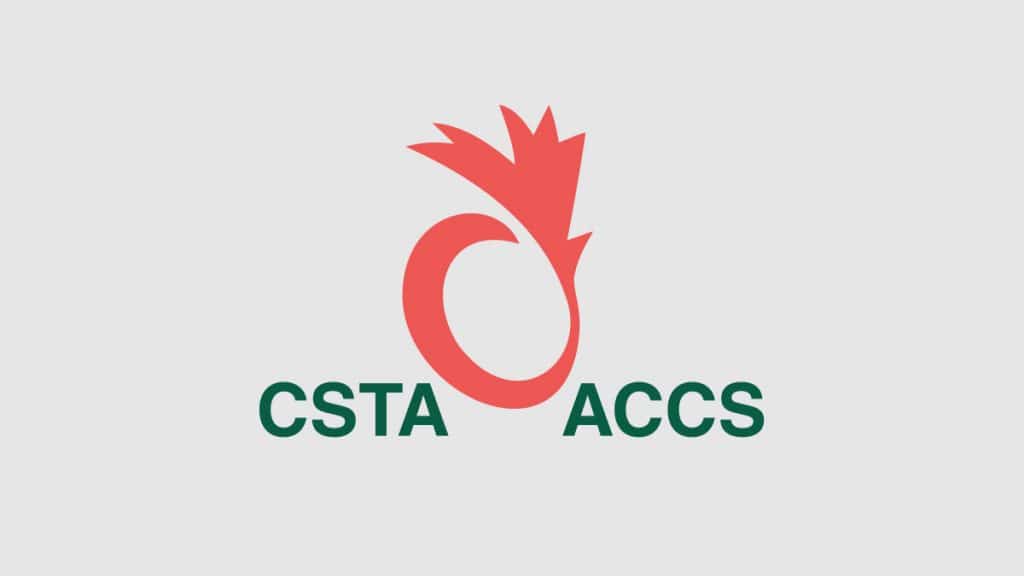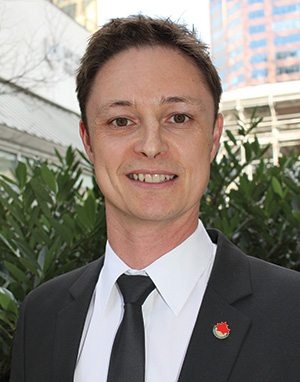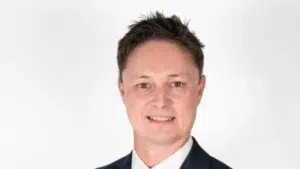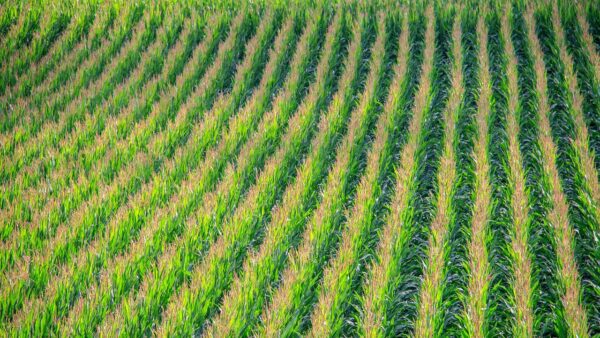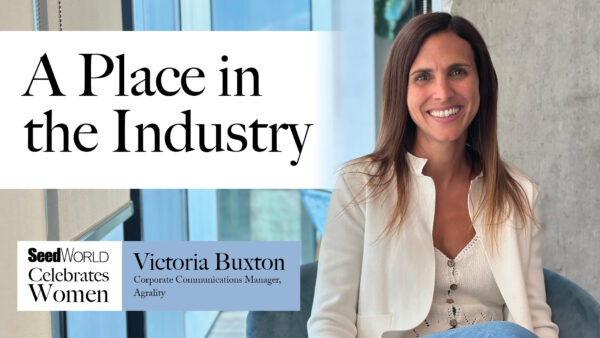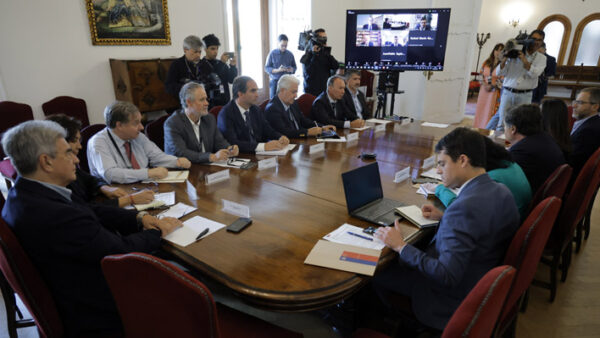“It is truly an honour to be the 2016-17 president of the Canadian Seed Trade Association,” says Brent Derkatch of Winnipeg, Man. “Over the next year, I look forward to doing my part and to making a difference for the benefit of CSTA members and the international agricultural community.”_x000D_
_x000D_
_x000D_
Derkatch became CSTA’s 65th president on July 12, 2016, during CSTA’s 93rd annual meeting in Vancouver, B.C. He was first elected to the CSTA board in September 2009 for two terms, and joined the executive committee in 2014._x000D_
_x000D_
He considers his career in agriculture and the seed industry as both a privilege and an example of good fortune. As director of operations and business development at CANTERRA SEEDS, he is responsible for all production and manufacturing activities, market development efforts with end-users, variety specific production opportunities and the field research program. It is important to Derkatch to “pay back” the industry that has provided him with so many opportunities, so he has volunteered much time with CSTA over the years, as a member of the executive committee and as board liaison to the Intellectual Property Committee._x000D_
_x000D_
Derkatch thanks his wife Rhonda and his daughters for “a mountain of support,” especially over the next year as he focuses more of his time on CSTA issues._x000D_
_x000D_
New Faces at the Boardroom Table_x000D_
_x000D_
Three new faces will join Derkatch and other seed sector leaders at the CSTA boardroom table: Bruce Harrison, CPS Canada; Bob Hart, Sevita International; and Brian Nadeau, Nadeau Seeds. Changes to the executive committee will see Dan Wright and Todd Hyra move into new roles as first and second vice-presidents. Scott Horner will provide his expertise to CSTA for one more year as past-president. Readers can meet the 2016-17 board of directors at cdnseed.org/contact-list/directors/._x000D_
_x000D_
In Vancouver, CSTA also thanked and said goodbye to Dave Baute, Jeff Bertholet and Kevin McCallum, whose terms on the board have ended. Over 10 years on the board, including as president in 2014-15, Baute was the voice of CSTA, while Bill C-18, which brought in UPOV 91, came into effect. Bertholet was always willing to lend a hand to committees, most recently as the board liaison to the Oilseeds, Pulses and Western Cereals Committee. McCallum’s interest in global seed trade saw him represent members with the Seed Association of the Americas, including as a member of the SAA Biotechnology Working Group._x000D_
_x000D_
Opportunity and Progress_x000D_
_x000D_
Looking ahead, Derkatch envisions a future full of opportunity and progress for seed. He notes that this is not going to happen on its own, or by simply talking about it amongst ourselves. CSTA will work to engage the entire agricultural value circle to be better aligned and coordinated so our voice has a larger impact. Work will include issues such as environment and sustainability, plant breeding innovations and seed enhancement technologies, and value creation. The Seed Synergy project is one way for CSTA to engage with our partners to create positive change and progress in the sector._x000D_
_x000D_
A second way to move the seed industry forward is for CSTA members to become involved in the association. CSTA relies on industry volunteers who give their personal time to chip in and make a difference. Fresh ideas are important and everyone has something to contribute. There are future seed industry leaders in member organizations who could benefit professionally from involvement in CSTA._x000D_
_x000D_
“I invite members to reach out at any time with feedback or to become more engaged in the association,” says Derkatch. “I know we’re going to do great things, working together for all of our benefit as members of the CSTA.”


